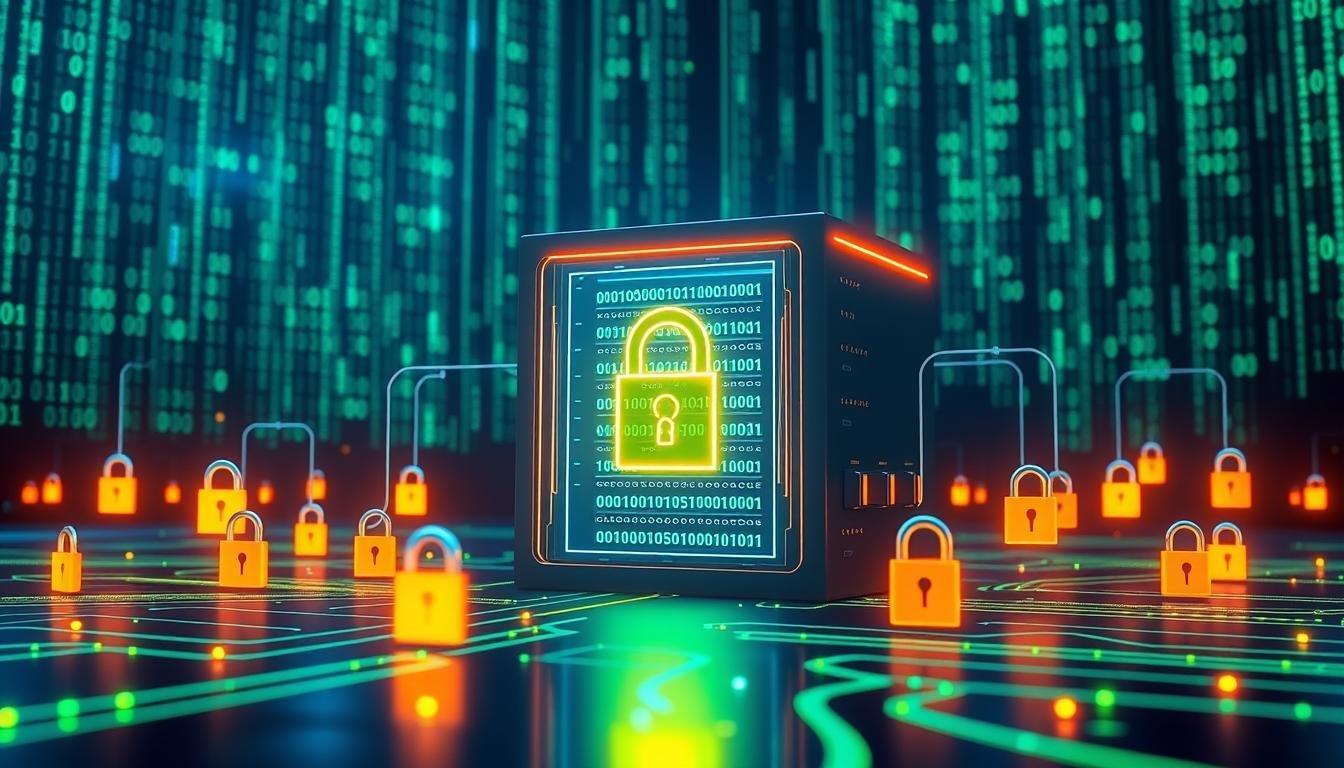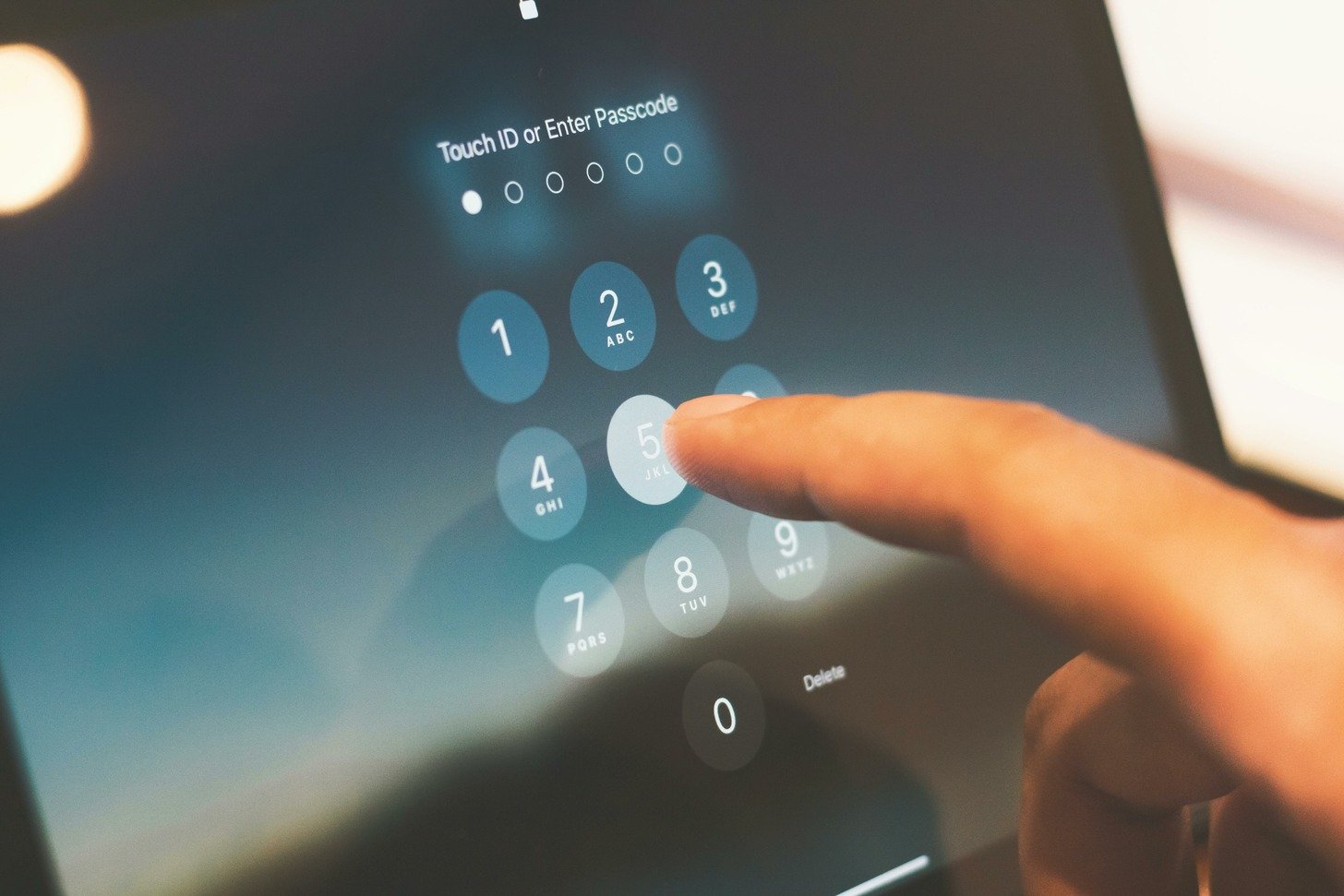In the rapidly evolving landscape of technology, ensuring data privacy is an essential skill for cybersecurity professionals. As cyber threats become more sophisticated, the ability to protect sensitive information has never been more crucial. Organizations are increasingly recognizing that safeguarding data is not just about implementing security measures; it requires a deep understanding of privacy regulations, risk management, and ethical considerations.
Mastering cybersecurity involves not only technical expertise but also a commitment to continuous learning in the face of emerging threats. Professionals in this field must stay updated on the latest tools and techniques while developing strong strategies for data protection. By prioritizing data privacy, cybersecurity experts can effectively mitigate risks and enhance their organizations’ resilience against cyberattacks. Ultimately, a focus on privacy is key to building trust with clients and stakeholders in today’s digital age.
Key Takeaways
- Cybersecurity and data privacy are critical in the digital age, with worldwide security spending expected to reach $314 billion by 2028.
- The growing threat landscape and increasing frequency of cyberattacks emphasize the need for skilled cybersecurity professionals.
- Cybersecurity professionals must possess a diverse range of skills, including programming, communication, analytical thinking, and risk management.
- Knowledge of threat intelligence, incident response, and information security standards is crucial for effective data protection.
- Continuous learning and a growth mindset are essential for cybersecurity professionals to stay ahead of evolving cyber threats.
Understanding the Importance of Data Privacy and Cybersecurity
In today’s digital world, keeping data safe is key for everyone. Technology and the internet make it vital to protect our information and systems. This is more important than ever.
Defining Data Privacy and Its Significance
Data privacy means keeping personal info safe from misuse. It covers things like bank details, health records, and personal IDs. Keeping data private builds trust and respects individual rights in our connected world.
The Growing Threat Landscape and Cyber Risks
As tech gets better, so do cyber threats. Cybercrime could cost the world $10.5 trillion by 20253. It’s expected to grow by nearly 15% each year for the next four years3.
In 2012, two big attacks hit the U.S. Office of Personnel Management. They stole info from over 22 million people4. These numbers show we need strong cybersecurity and data protection now.
| Year | Cybercrime Cost (Trillion USD) | Cybersecurity Market Size (Billion USD) |
|---|---|---|
| 2021 | 6.0 | 217 |
| 2025 | 10.5 | – |
| 2026 | – | 345 |
The cyber security market is set to grow to $345 billion by 20263. This shows more people want good cybersecurity to fight threats.
Compliance with Data Protection Regulations
Many rules have been made to protect data privacy. The GDPR in Europe, CCPA in the U.S., and HIPAA for healthcare are examples. Following these rules shows an organization cares about privacy.
Data privacy and cybersecurity are not just about technology; they are about trust, transparency, and accountability.
By October 2023, over 600 million records had been exposed4. In 2020, U.S. health services faced DDoS attacks4. The Colonial Pipeline was attacked in 2021, disrupting oil and gas supplies4. These events highlight the need for strong data protection and cybersecurity.
Identifying and Classifying Sensitive Data
In today’s digital world, companies deal with a lot of data. It’s key to find and sort out the sensitive stuff. Data discovery tools and methods are essential. They help businesses find and sort their data.
Data Discovery Techniques and Tools
Data discovery uses advanced tools and methods to find sensitive data. These tools use machine learning and pattern matching. They scan data in databases, file systems, and cloud storage5.
By automating this process, companies can quickly find and sort sensitive data. This includes personal info, health records, and financial data5.
Data classification is vital for protecting against cyber threats6. It sorts data into four types: public, private, confidential, and restricted5. Public data is open and doesn’t need protection. Private data is for company employees only5.
Confidential data is for authorized people in the company. Restricted data is very sensitive and follows rules like PCI DSS and HIPAA5.
Establishing Data Classification Policies
Organizations need clear data classification policies for good data governance. These policies tell how to sort data and what security it needs. Each type of data has its own rules.
- Public data: company URLs, marketing materials, job postings, and press releases5
- Private data: internal memos, company intranet, employee records, research data, and browsing histories5
- Confidential data: federal tax information5
- Restricted data: trade secrets and financial records5
Data classification is key for following rules like HIPAA, SOX, and GDPR5. Many industries must protect data strictly. A good data classification policy helps meet these rules and keep sensitive info safe.
| Data Classification | Examples | Protection Level |
|---|---|---|
| Public | Company URLs, press releases | Low |
| Private | Employee records, internal memos | Medium |
| Confidential | Federal tax information | High |
| Restricted | Trade secrets, financial records | Very High |
Strong data discovery and classification practices boost cybersecurity. They help follow rules and keep data safe from unauthorized access. The Security Company Ltd. (TSC) says data classification and education are key for a secure 20246.
Implementing Robust Access Controls and Security Measures
Organizations must protect sensitive data with strong security measures and access controls. These steps keep data safe from unauthorized access, changes, and loss. They ensure data stays confidential, intact, and available.
Principle of Least Privilege and Role-Based Access Control
The least privilege principle is key to access control. It means users get only the access they need for their jobs. Role-based access control (RBAC) helps by giving permissions based on roles. This way, access to sensitive data is controlled and watched closely7.
Encryption and Data Protection Techniques
Encryption is crucial for keeping data safe from unauthorized access. It protects data in transit and at rest, lowering the risk of breaches. Techniques like pseudonymization and anonymization also help protect personal data and meet privacy laws like GDPR and CCPA7.
Network Security and Endpoint Protection
Securing networks and endpoints is vital to prevent unauthorized access and cyber threats. Advanced security technologies like antivirus, firewalls, and intrusion detection systems are needed. Regular security checks and vulnerability assessments help find and fix weaknesses, keeping cybersecurity proactive78.
Cloud Security and Secure Data Storage
Cloud security is essential as more data is stored in the cloud. Choosing a reliable cloud service provider is critical. Adding multi-factor authentication (MFA) for cloud access adds extra security, reducing unauthorized access risk7.
Data privacy and security are not one-time events, but ongoing processes that require continuous monitoring, improvement, and adaptation to evolving threats and regulatory requirements.
Strong access controls and security measures boost an organization’s cybersecurity. But, it’s important to remember that breaches can still happen. Having a solid incident response plan is crucial for handling breaches effectively8.
| Security Measure | Description |
|---|---|
| Least Privilege | Granting users the minimum access necessary for their roles |
| Encryption | Protecting data confidentiality through encryption techniques |
| Network Security | Implementing firewalls, antivirus, and intrusion detection systems |
| Cloud Security | Ensuring secure data storage and access in cloud environments |
Ensuring Data Privacy is an Essential Skill for Cybersecurity Professionals
The digital world is changing fast, making data privacy and cybersecurity more important than ever. Cybersecurity experts are key in keeping our information safe and fighting off cyber threats. They need to know a lot about keeping data private and following best practices.
Developing a Comprehensive Data Privacy Program
A strong data privacy program is the base of good cybersecurity. It helps manage personal info like names and financial details9. Companies must keep track of their data and use the right controls9. They also need to use encryption and access controls to protect data9.
By using a mix of security measures, companies can stop cyber attacks9.
Employee Training and Awareness
Training employees is key to a secure workplace9. Cybersecurity experts teach them how to keep data safe, like using strong passwords and being careful online9. Training and having plans for when things go wrong help keep security strong9.

Third-Party Risk Management and Vendor Compliance
Handling risks from outside parties and making sure vendors follow rules are big parts of data privacy9. Cybersecurity experts check the dangers from hackers and others9. They also need to know about laws like GDPR and HIPAA, especially in healthcare10.
More and more companies, like Target and Visa, are looking for cybersecurity experts10. To get hired, you need skills like scripting and knowing about networks and security10.
Cloud security is set to be the most sought-after skill, with big growth expected soon10.
Knowing about cloud security can really boost your salary, with a 115% growth rate expected in four years10.
| Skill | Importance |
|---|---|
| Data Privacy | Essential for protecting sensitive information |
| Cloud Security | Highly lucrative with significant growth potential |
| Regulatory Compliance | Crucial for industries like healthcare (HIPAA) and general data protection (GDPR) |
Conclusion
In today’s world, keeping our data safe is more important than ever. With technology growing fast, we all need to protect our personal and work data. Cyber threats like malware and phishing attacks are big risks for everyone11.
Every business uses important data, from money records to customer info11. Cybersecurity experts are key in keeping this data safe. They need to know a lot about keeping data private and following the law11.
Good cybersecurity practices help businesses stay legal and keep their data safe11. It also helps them stay competitive12. Learning about data privacy is crucial for those in cybersecurity.
Cybersecurity pros must use strong access controls and encrypt data11. They also need to teach employees about security to avoid mistakes11. Keeping systems updated is also important for a strong defense12.
By improving their skills and staying current, cybersecurity experts can fight off new threats. They help keep our data safe and protect our trust in technology. This is why data privacy is so important.
In short, data privacy and cybersecurity are essential in our digital lives. Businesses must focus on protecting data and train their cybersecurity teams well. This way, they can keep their data safe, earn customer trust, and succeed in today’s digital world. Cybersecurity experts who know about data privacy can have rewarding careers and help protect us all from cyber threats12.
FAQ
- What are the essential data privacy skills for cybersecurity professionals?
Cybersecurity pros need to know the law and make data policies. They must use security and encryption. They also need technical and soft skills.
- Why is compliance with data protection regulations important?
Following data laws like GDPR and CCPA is key. It keeps customers trusting you and keeps data safe from hackers.
- What are some techniques for identifying and classifying sensitive data?
Use data scanning and classification tools to find sensitive info. Having clear data policies helps manage and protect data well.
- How can organizations implement robust access controls and security measures?
Use least privilege and role-based access. Encrypt data and protect networks and endpoints. Also, choose secure cloud storage.
- What are the key components of a comprehensive data privacy program?
A good program includes training employees and managing third-party risks. It also needs vendor compliance and policies that follow laws and best practices.
- What skills are necessary for a successful career in cybersecurity and data privacy?
You need technical skills like programming and security knowledge. Soft skills like communication and leadership are also important. Getting an education in cybersecurity helps build these skills.


